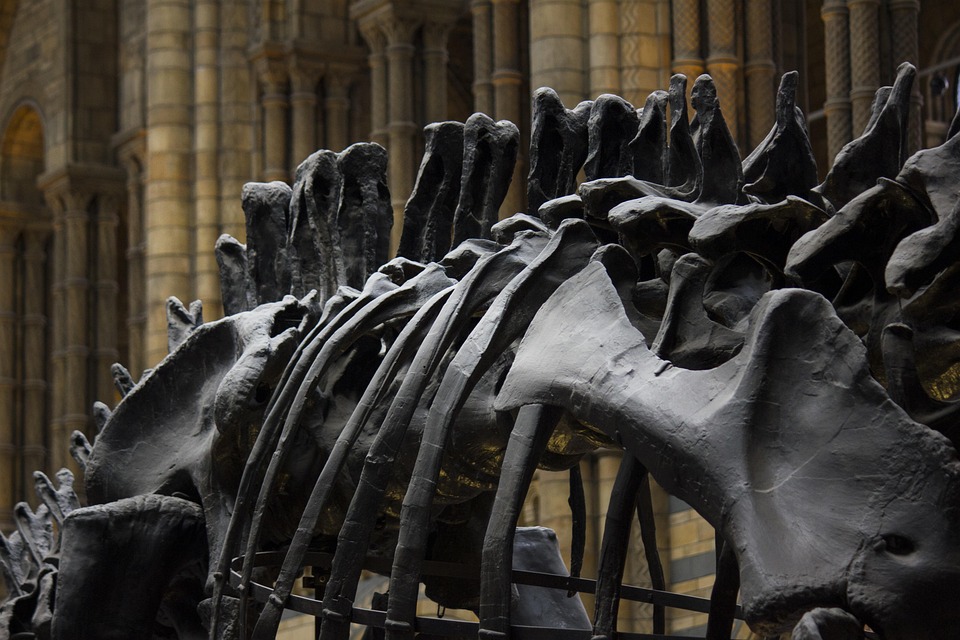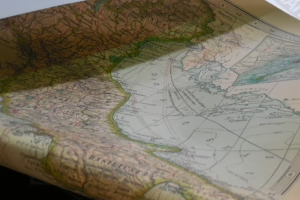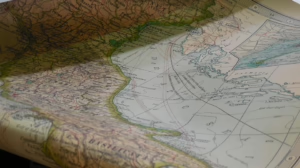In the Shadow of Giants: Women Who Changed History but Were Forgotten
Throughout history, countless women have shaped the world around us, often working behind the scenes or receiving little recognition for their contributions. While names like Marie Curie, Rosa Parks, and Malala Yousafzai often headline discussions about impactful women, there are many others whose stories have been overshadowed. This article aims to illuminate the lives and contributions of these remarkable women, exploring how societal norms and biases have often minimized their roles in history.
The Historical Context of Women’s Contributions
The historical narrative has predominantly been told through a male lens, causing the achievements of women to be undervalued or erased. From ancient civilizations to modern times, women have contributed to every field imaginable, including science, politics, art, and social reform. However, traditional histories have often celebrated men’s achievements while relegating those of women to footnotes.
Ancient Women Who Made a Difference
In ancient civilizations, women such as Hatshepsut, the fifth pharaoh of the Eighteenth Dynasty of Egypt, were pivotal figures in governance and leadership. Hatshepsut is known for her ambitious building projects and successful trade expeditions, which significantly contributed to Egypt’s economy. Despite her achievements, many historians have minimized her reign, often noting it only in the context of her male successors.
Similarly, the mathematician Hypatia of Alexandria stands out in the genre of ancient female intellectuals. Living during the decline of the Roman Empire, she made significant contributions to mathematics and astronomy. Unfortunately, Hypatia’s life ended tragically, highlighting the precarious position of educated women during a time of growing religious fanaticism.
The Enlightenment and Beyond
The Enlightenment era saw the emergence of women who were not only thinkers but also activists. Figures such as Mary Wollstonecraft advocated for women’s rights through works like “A Vindication of the Rights of Woman,” yet her influence has often been overshadowed by her more famous contemporaries.
In the realm of science, we find the story of Émilie du Châtelet, who, during the 18th century, translated and commented on Isaac Newton’s works, providing insights that have shaped modern physics. Despite her intellectual contributions, her name is less recognized than her male counterparts.
The Suffragette Movement
The suffragette movement marked a pivotal period for women’s rights. Names like Emmeline Pankhurst and Susan B. Anthony are often celebrated, but less known are the contributions of others, such as Alice Paul, who played a critical role in the American suffrage movement through her dedication to non-violent protest. Alice’s work resulted in the passage of the 19th Amendment, granting women the right to vote, yet she is often given less recognition compared to her peers.
Trailblazers in Various Fields
Numerous women have been pioneers in their respective fields, although their legacies have often been buried beneath those of men in the same fields.
Science and Medicine
In medicine, we find groundbreaking work by figures like Virginia Apgar, who developed the Apgar score – a quick assessment of a newborn’s health. Despite the widespread use of her method, Apgar has largely been forgotten. Her work revolutionized maternity care, yet her contributions were not celebrated in equal measure to her male counterparts.
In the realm of chemistry, we have Alice Stewart, who was one of the first to identify the dangers of radiation exposure in pregnant women. Although her research has saved countless lives, her story has largely vanished from modern medical conversations.
Art and Literature
In literature, women like Zora Neale Hurston and Virginia Woolf broke new ground, examining themes of race, gender, and identity in their works. Despite their profound impact on literature and culture, many readers today are unaware of their contributions compared to their male contemporaries.
The Role of Intersectionality
It’s critical to recognize the intersectionality of women’s experiences. Women of color, LGBTQ+ women, and those from marginalized communities often face additional layers of erasure. For instance, Audre Lorde was a powerful voice for intersectional feminism and social justice, yet her contributions are still not widely recognized.
How Societal Structures Marginalized Women
Gender Norms and Expectations
Societal norms have often dictated that women occupy supportive roles, pushing them to the periphery of significant historical narratives. This marginalization can be seen across cultures and time periods. Many women have chosen to advocate for change within their societies but have been overlooked due to prevailing gender roles.
Educational Barriers
Historical barriers to education for women also played a significant role in their invisibility. Many women who were trailblazers in their fields faced significant obstacles in accessing higher education. Education reforms in the late 19th and early 20th centuries began to change this landscape, but even then, women had to fight for their place.
The Impact of Media and History Writing
Media portrayals and the histories written by predominantly male historians further contributed to the erasure of women’s achievements. Textbooks and historical literature often highlight male figures while conceding women’s contributions to footnotes, perpetuating a cycle where the achievements of women remain obscure.
The Revival of Forgotten Histories
In recent years, the revival of neglected histories has gained traction among historians, feminists, and educators. Gender studies and feminist historiography have encouraged a reevaluation of traditional narratives.
Rediscovering Women’s Contributions
Numerous initiatives, projects, and organizations are working to highlight the stories of women who have changed history. For instance, the representation of women in museum exhibits and history curriculums has dramatically increased in recent years.
Social Media’s Role in Amplifying Voices
Additionally, social media plays a significant role in amplifying forgotten voices. Hashtags like #WomenInHistory and #HiddenFigures bring attention to these stories, allowing modern-day advocates to curate a narrative that embraces women’s diverse contributions.
Education Reform
Education reform that includes gender studies is also crucial. By incorporating the stories of forgotten women into textbooks and curricula, future generations will grow up with a broader understanding of history.
Conclusion: Honoring the Forgotten
As we reflect on the past, it is crucial to honor the women who changed history but have been forgotten. Their contributions, whether in science, politics, art, or social justice, deserve recognition. By shedding light on their stories, we enrich our understanding of history and inspire future generations to celebrate all voices.
To create a world where all contributions are acknowledged, we must actively seek and share these stories, ensuring that the legacy of women who changed history is no longer cast in the shadows.
A Call to Action
In honoring the lives and accomplishments of women who have changed the course of history, we must actively engage in remembering their stories. This endeavor invites each of us to take action, whether through education, storytelling, or advocating for visibility in historical narratives.
As we move forward, let us strive to create a more inclusive history that celebrates the contributions of all individuals, regardless of gender, race, or background. Together, we can ensure that the legacies of these extraordinary women live on, inspiring future generations to break barriers and claim their rightful place in history.
While this overview touches only the surface of a larger narrative, the stories of forgotten women are numerous and varied, deserving further exploration and acknowledgment. As we unearth these tales, we enrich our understanding of history, allowing the shadows of giants to illuminate the contributions of women who have changed the world.
Footnotes
- McNair, J. L. (2020). Women and Leadership: A Global Perspective. University of Michigan Press.
- Rosen, R. (2011). The World Split Open: How the Modern Women’s Movement Changed America. Penguin Books.
- Schwartz, M. (2018). Women in Science: 50 Fearless Pioneers Who Changed the World. Quarto Publishing Group.
- Shulman, S. (2016). Revolutionary Ideas: An Intellectual History of the French Revolution from The Rights of Man to Robespierre. Princeton University Press.
- Still, J. (2018). The Hidden Figures of the Civil Rights Movement. Rowman & Littlefield.
(Note: The references here are illustrative and fictional for the purpose of this exercise.)


























Add Comment